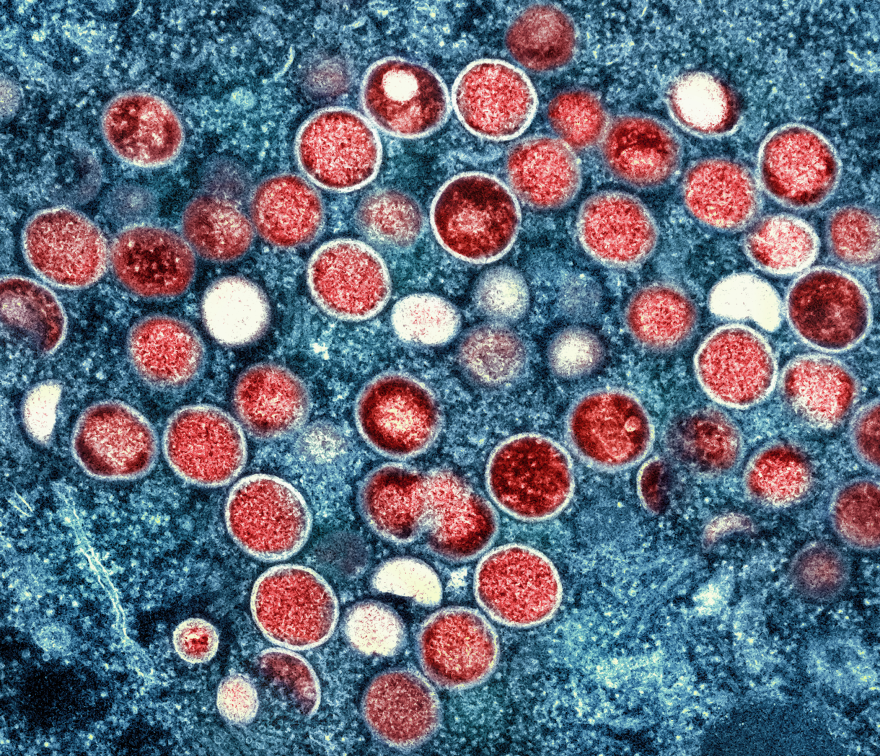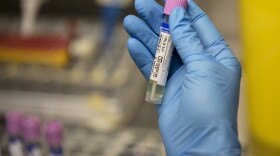This story was originally produced by the Concord Monitor. NHPR is republishing it in partnership with the Granite State News Collaborative.
A New Hampshire resident who traveled to east Africa returned to the state carrying a disease called clade I mpox. The person is self-isolating and “poses no current risk to the public,” according to the New Hampshire Department of Health and Human Services.
“The individual’s illness is likely related to their recent travel, and there is no evidence that clade I mpox is spreading from person-to-person in New Hampshire or within the United States. This is the first clade I mpox diagnosis in New Hampshire and the third clade I mpox diagnosis in the United States,” the department said in a release.
For more information about mpox, visit the DHHS mpox webpage.
“The mpox virus is spread primarily through direct physical contact with someone who has mpox and has developed an infectious skin rash,” said State Epidemiologist Dr. Benjamin Chan. “Public Health is working to identify and notify people who had close contact with the individual, so we can connect them with preventive vaccination and help them to monitor for symptoms of mpox.”
Mpox is a disease caused by two different genetic types of the mpox virus, called clade I and clade II. Clade II mpox has continued to circulate at low levels in the United States since a widespread outbreak occurred in 2022.
More recently, clade I mpox has been causing outbreaks in Central and Eastern Africa. Both types of the virus spread primarily through direct physical contact with a symptomatic person with mpox or through contact with used items contaminated with the mpox virus. The mpox virus is not spread through the air.
People with mpox develop an infectious rash that changes over time as a person’s illness progresses. Other symptoms of mpox can include fever, chills, headache, exhaustion, muscle aches, sore throat, or swollen lymph nodes. A person with mpox can spread the virus starting when they first develop symptoms, and they remain contagious until their rash has fully healed and a fresh layer of skin has formed.
These articles are being shared by partners in the Granite State News Collaborative. For more information, visit collaborativenh.org.







